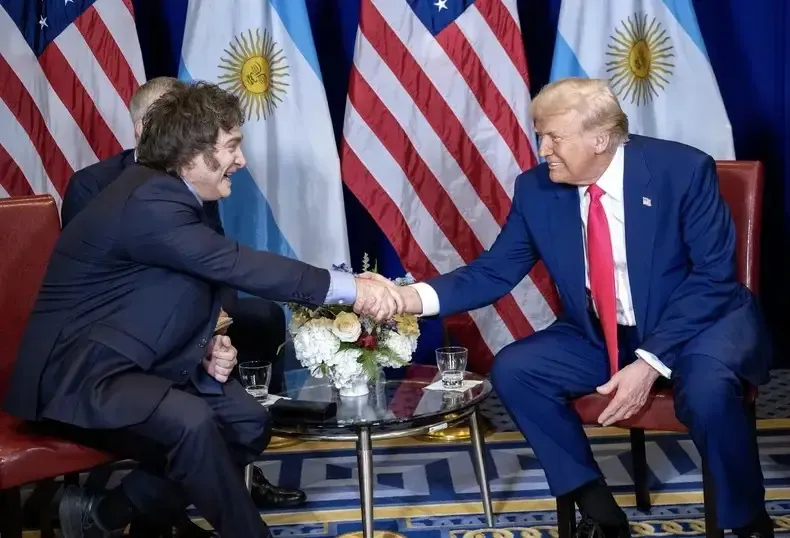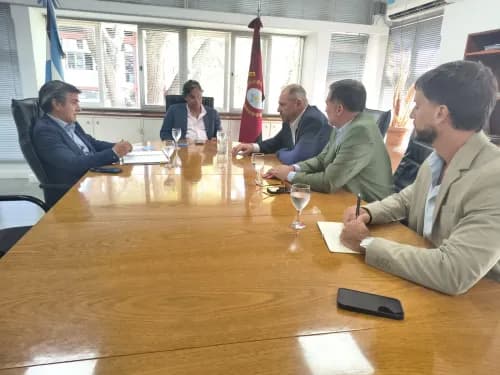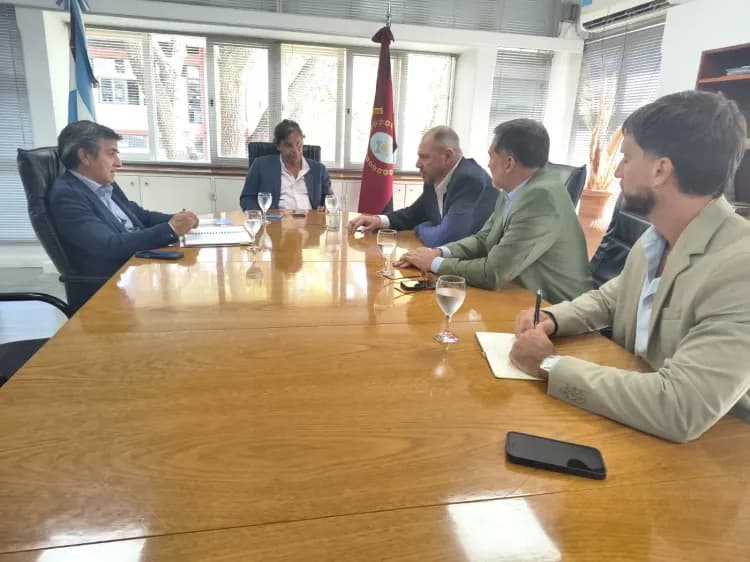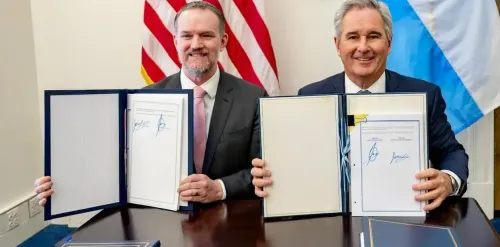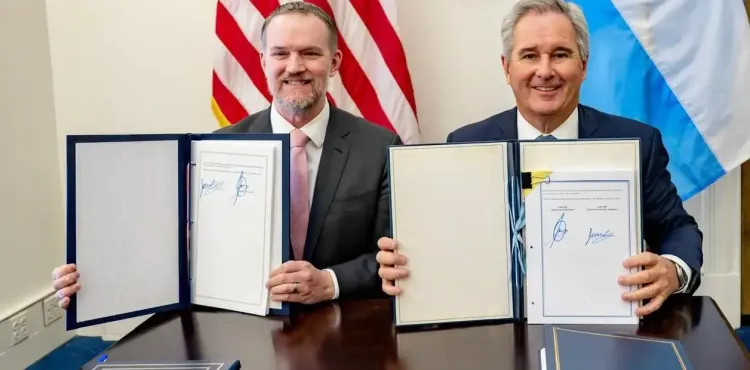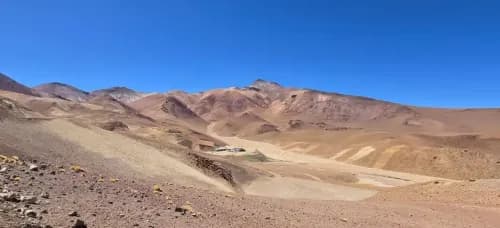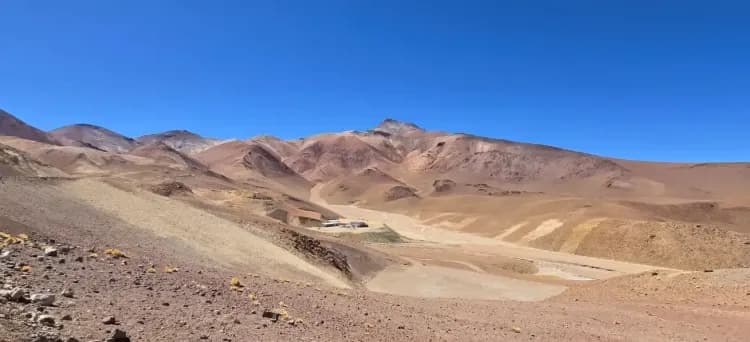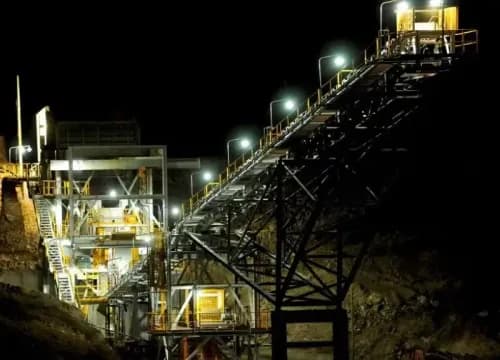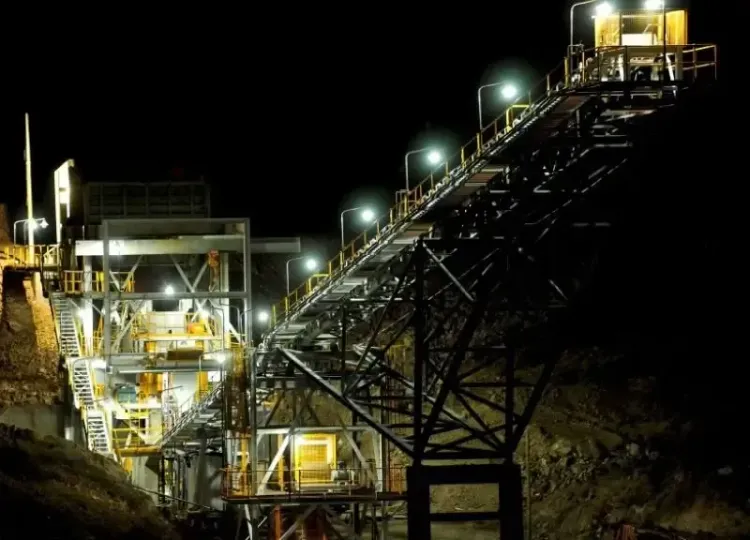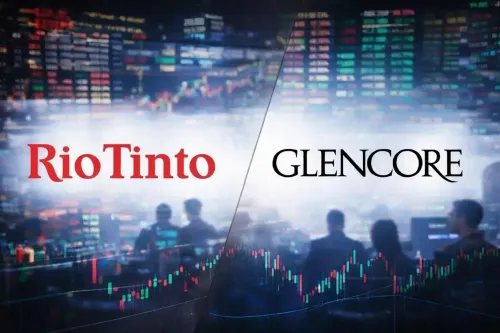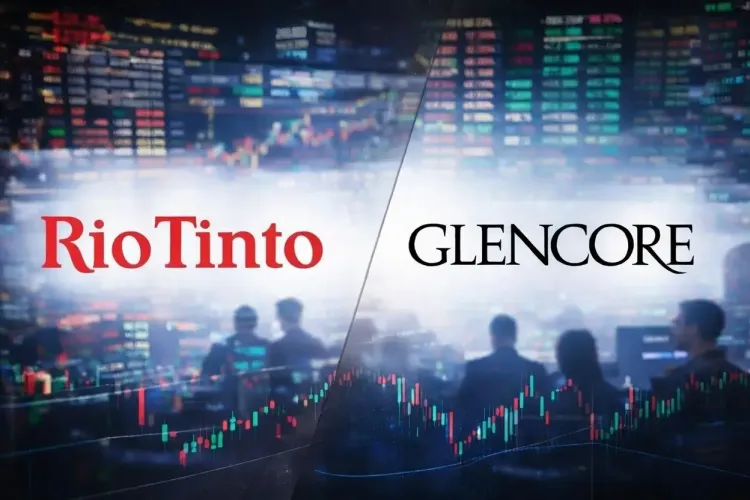The bilateral understanding paves the way for preferential market access, technical deregulation, and cooperation in critical minerals, agribusiness, intellectual property, and digital services.
By Panorama Minero
The Argentine government and the U.S. administration signed a framework for a future Reciprocal Trade and Investment Agreement aimed at establishing greater predictability for bilateral trade. The document, released by the White House on November 13, outlines plans to open key markets, align technical standards, and enhance cooperation in strategic sectors such as critical minerals, food, pharmaceuticals, and digital technologies.
Presented as a joint statement between President Javier Milei and President Donald Trump, the agreement includes Argentine commitments to facilitate preferential access for U.S. goods and remove non-tariff barriers such as import licenses and consular formalities. In turn, the U.S. will consider lifting tariffs on certain natural inputs not available locally and recognize Argentine regulatory standards in specific areas.
One of the key highlights is the intention to cooperate on trade and investment in critical minerals—though without explicit reference to lithium or other specific resources. The agreement also mentions a shared interest in stabilizing the global soybean market and promoting efficiency in resource-intensive sectors.
On the regulatory front, Argentina committed to accepting products with U.S. certifications for vehicles, pharmaceuticals, medical devices, and food, as well as to advancing improvements in intellectual property, data protection, and the use of electronic signatures.
The deal also envisions deeper collaboration on economic security, including control of industrial subsidies, regulation of state-owned enterprises, environmental traceability, and labor compliance—featuring a clause prohibiting the import of goods produced through forced labor.
Both countries agreed to move forward with finalizing the text and completing their respective institutional steps before the agreement enters into force. The process will be monitored through the Trade and Investment Framework Agreement (TIFA) and the Innovation and Creativity Forum for Economic Development.
Hours After the Announcement, Milei Revives Push to Amend Glacier Law and Highlights Mining as Strategic Ally
Following the announcement of the bilateral agreement with the United States, President Javier Milei once again brought the Glacier Law back into focus, echoing longstanding demands from mining provinces. The goal: to unlock strategic copper and lithium projects and technically redefine the periglacial area to provide legal certainty for future investments.
Speaking at an event in Corrientes, Milei reaffirmed his intention to advance a bill that would return to the provinces the authority to regulate the law according to their territories. The proposal, currently being drafted by the Ministry of Deregulation, could be submitted to Congress during an extraordinary legislative session alongside other key reforms. The president emphasized the role of federalism in managing natural resources and the need to revitalize the Andes region as a driver of exports and employment, citing Governor Alfredo Cornejo as a key advocate for the initiative.
The proposed reform is also closely tied to the new geopolitical alignment with the United States. The joint statement signed at the White House highlights bilateral cooperation in strategic sectors such as critical minerals and explicitly mentions the goal of facilitating trade and investment in these areas.
Meanwhile, several provinces are calling for clearer legal definitions to move forward with projects currently stalled by the ambiguity of the existing legislation.
San Juan, Mendoza, Catamarca, Salta, and Jujuy—where most of the country’s copper and mining potential is concentrated—are requesting that the periglacial definition be based on scientific criteria related to actual hydrological function. “A regulatory change could unlock over US$30 billion in investments over the coming years and open the door for Argentina to further integrate into global value chains linked to the energy transition,” official sources said.
